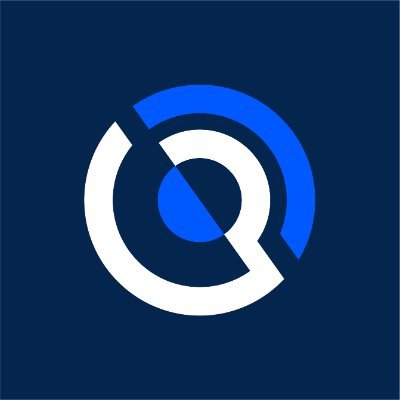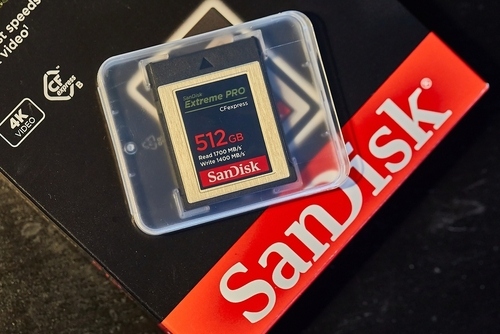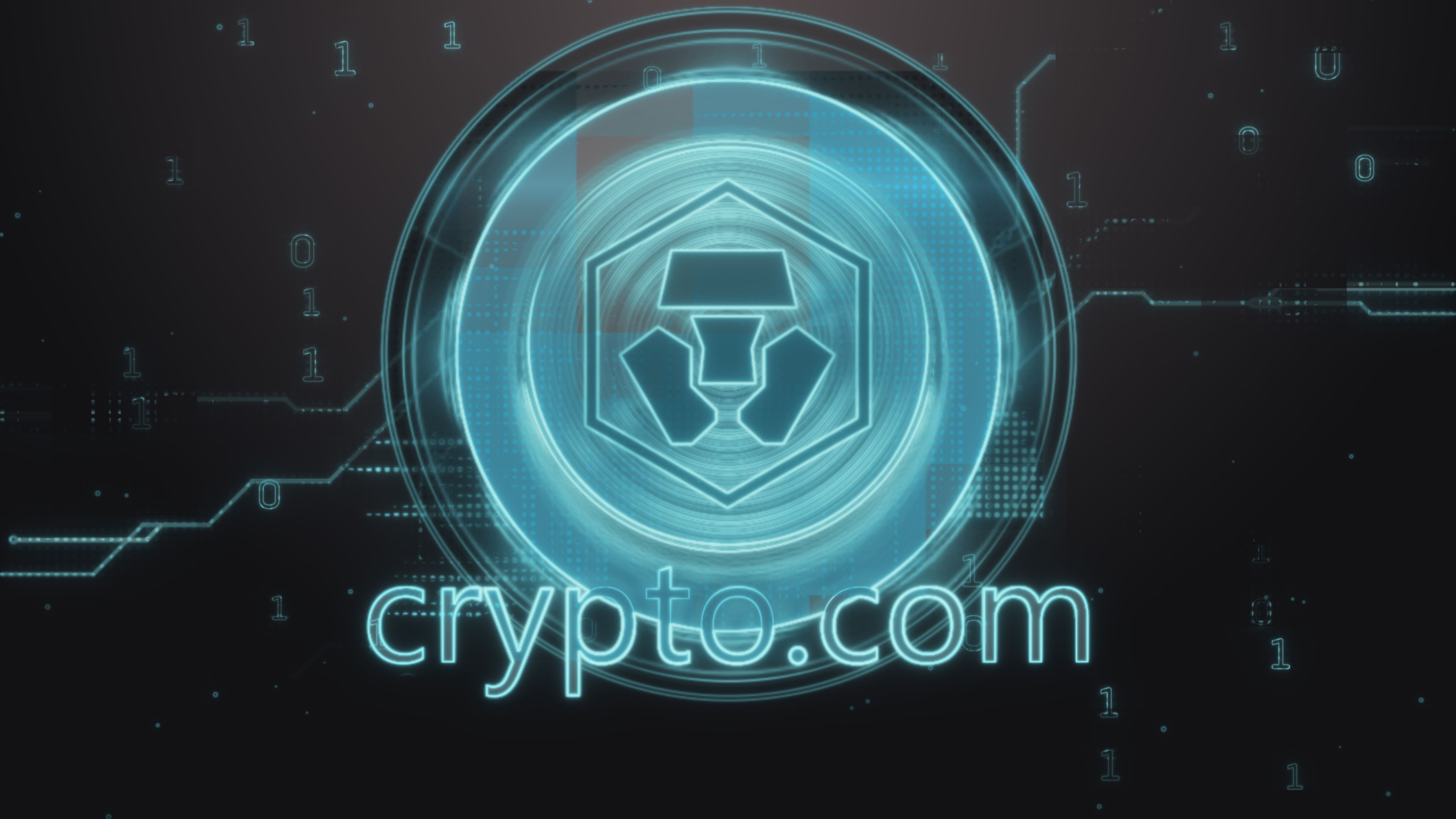ที่ปรึกษา Silicon Valley ของ Trump ทำสงครามกับการเซ็นเซอร์ AI

ผู้ประกอบการใน Silicon Valley รวมถึง David Sacks, Elon Musk และ Marc Andreessen ซึ่งปัจจุบันให้คำแนะนำแก่ Trump ในเรื่องเทคโนโลยี ได้หยิบยกข้อกังวลเกี่ยวกับภัยคุกคามของการเซ็นเซอร์ AI จาก Big Tech นักเทคโนโลยีมีความเห็นตรงกันในเรื่องความจำเป็นในการพัฒนาอย่างรวดเร็วและการนำ AI ที่ "จริง" มาใช้ทั่วทั้งสหรัฐอเมริกา
ทั้งสามสามารถทำให้การตอบสนองของแชทบอท AI เป็นสมรภูมิใหม่สำหรับฝ่ายอนุรักษ์นิยมในการต่อสู้กับ "สงครามวัฒนธรรม" ที่กำลังดำเนินอยู่กับบริษัทเทคโนโลยี บริษัท AI สามารถควบคุมวิธีที่แชทบอทให้คำตอบเพื่อให้สอดคล้องกับอุดมการณ์ทางการเมืองบางอย่าง หรือผลักดันการกลั่นกรองเนื้อหาที่มีอคติ
การหาคำตอบที่ถูกต้องจาก AI ยังคงเป็นความท้าทายที่มีการพัฒนาอยู่ตลอดเวลา
มีวิธีให้คะแนนโมเดล AI ตามความเป็นจริงหรือไม่ เรียกมันว่าดัชนีกาลิเลโอ ข้อเสนอแนะยินดีต้อนรับ https://t.co/fJzwOH3JJa
— เดวิด แซ็กส์ (@DavidSacks) 12 ธันวาคม 2024
According to Trump’s tech advisors, getting AI answers right for controversial subjects and live news events is a “constantly moving target.” Conservatives repeatedly criticized Big Tech for caving into government-sanctioned censorship, although some tech executives had begun to moderate their positions in public.
Mark Zuckerberg, Meta’s CEO, apologized to Congress ahead of the 2024 elections for bending to the Biden administration’s pressure to moderate content related to COVID-19. He said he had made a 20-year political mistake by taking too much responsibility for problems out of Meta’s control. Zuckerberg, however, promised never to repeat those mistakes.
Sacks also criticized OpenAI and Google for forcing AI chatbots to be politically correct, saying that one of ChatGPT’s earlier concerns was that it was programmed to be “woke.” He added that ChatGPT was not giving people truthful answers, pointing out that censorship was built into the answers.
“I think what’s important in training AI is to make sure that it is as truthful as possible and maximally curious because it is important that it trains to be honest even if that truth is unpopular.”
– Elon Musk, Tesla Motors CEO
Andreessen, the co-founder of a16z, believes that AI censorship has the potential to be a thousand times worse than social media censorship. He added that having everything controlled by an AI programmed to lie would be the perfect way to create the ultimate dystopian world.
Sacks made it clear that he was focused on “AI truthfulness.”
Trump’s advisor, Sacks suggests the ‘Galileo Index’ to score AI truthfulness
Trump’s tech advisors suggested that specialized agencies could undertake AI truthfulness investigations. It is, however, unclear whether the Trump administration has the investigative options and capacity. Sacks suggested the Galileo Index as a way to score AI models based on how truthful they are.
Musk said he would start something called “TruthGPT,” a truth-seeking AI that tries to understand the nature of the universe.
Sacks applauded Musk’s launch of Grok, saying that having it would, at minimum, keep both OpenAI and ChatGPT honest. Andreessen also added that with the Twitter files, Musk is doing what needed to happen broadly.
Andreessen emphasized that the American people need to find out how government pressure and censorship intertwine. He also noted that there needs to be consequences.
Users recently discovered that ChatGPT refused to answer questions about certain names, while OpenAI admitted that some names triggered internal privacy tools. Almost all AI tools, except for Grok and Perplexity, refused to answer questions about the 2024 election results.
From Zero to Web3 Pro: Your 90-Day Career Launch Plan







